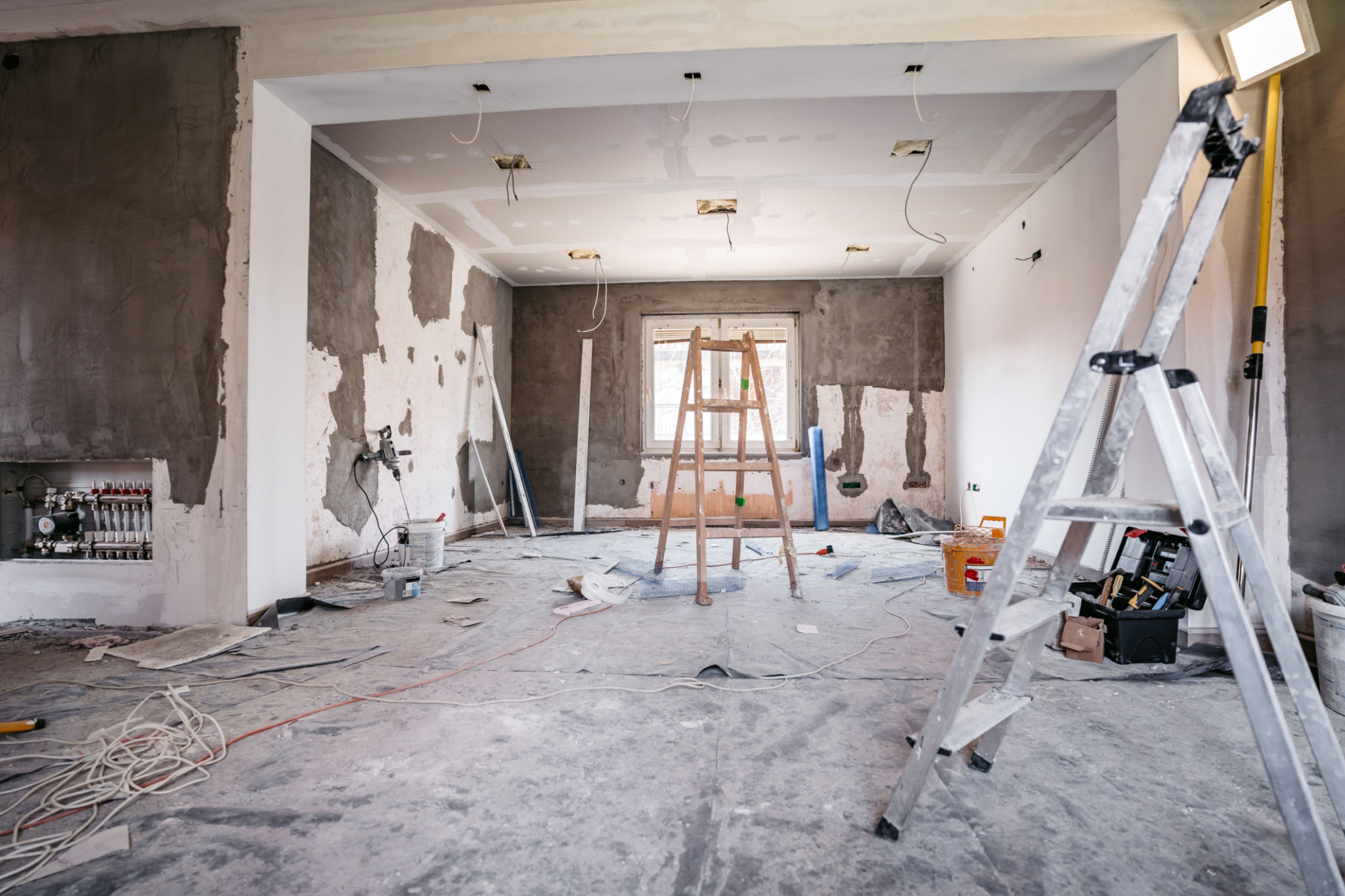Investment Real Estate vs. Home Flipping: Which Strategy Suits Your Goals?
Understanding Investment Real Estate
Investment real estate involves purchasing property with the intent to generate income, either through rental income or future resale. This strategy typically requires a long-term commitment and a well-thought-out plan to manage properties effectively.
Investors must consider factors such as location, market trends, and property management. The goal is to purchase properties that will appreciate over time, providing a steady cash flow from tenants.

The Appeal of Home Flipping
Home flipping, on the other hand, is a short-term investment strategy. It involves buying a property, making improvements, and selling it for a profit. Flippers often look for undervalued properties or those in need of renovation.
This strategy requires a keen eye for potential and the ability to manage renovation projects efficiently. Time is of the essence in home flipping; the quicker the turnaround, the better the potential profit.

Comparing Financial Commitments
When considering which strategy suits your goals, it's essential to understand the financial commitments involved. Investment real estate often requires a larger initial investment due to the nature of holding properties long term.
Conversely, home flipping may have lower upfront costs but can incur significant expenses in renovations and carrying costs. Both strategies have their financial risks and rewards.
Time and Effort Considerations
Investment real estate demands ongoing management and maintenance efforts, making it suitable for those who wish to build wealth gradually over time. It’s ideal for investors who can commit time to managing tenants and property upkeep.

Home flipping is more intensive in terms of project management. It requires coordinating contractors and ensuring timely completion of renovations. This strategy is best for individuals who thrive in fast-paced environments and enjoy hands-on projects.
Risk Factors
Both strategies come with inherent risks. Investment real estate can be affected by market fluctuations, tenant turnover, and unexpected maintenance costs. However, it often provides more stability and predictable income.
Home flipping carries the risk of overestimating the resale value or encountering unforeseen renovation challenges. The market must be favorable to ensure a profitable sale within a short timeframe.
Aligning with Your Goals
Your personal financial goals and risk tolerance will play a significant role in determining which strategy is right for you. Consider whether you prefer the steady flow of rental income or the potential for quick profits through flipping.
Investment real estate might suit those looking for long-term growth and stability, while home flipping can appeal to those seeking quick returns and who enjoy renovation projects.

Conclusion
Both investment real estate and home flipping offer unique opportunities for building wealth through property. By understanding the nuances of each strategy, you can align your investment approach with your financial goals and personal preferences.
No matter which path you choose, thorough research and diligent planning are essential components of success in real estate investment. Weigh the pros and cons carefully to make an informed decision that suits your lifestyle and aspirations.